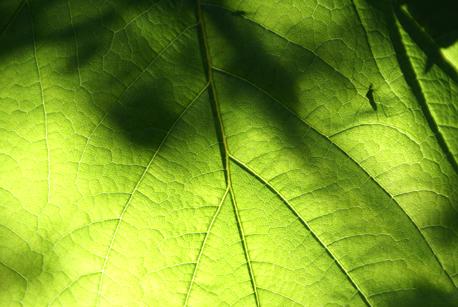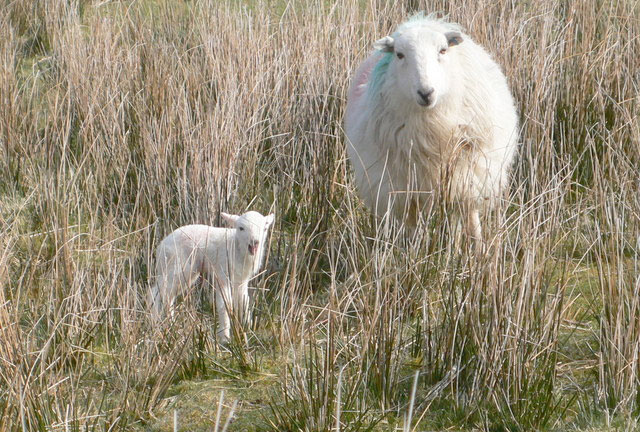Neatly summed up as "Earth care, people care, fair shares", the permaculture ethics give purpose to our work, and connect us with the many millions of others who are also working towards a fairer, healthier and more harmonious human culture.
1. CARE OF THE EARTH: Provision for all life systems to continue and multiply.
Permaculture works with natural systems, rather than in competition with them. It uses methods that have minimal negative impact on the Earth’s natural environment. In everyday life, this may involve buying local produce, eating in season, and cycling rather than driving. Its about choices we make, and how we manage the land. Its about opposing the destruction of wild habitats, and the poisoning of soil, water and atmosphere, and its about designing and creating healthy systems that meet our needs without damaging the planet.
2. CARE OF PEOPLE: Provision for people to access those resources necessary to their existence.
As a part of this planet, you matter! This is about ensuring the wellbeing of both individuals and communities. As individuals, we need to look after ourselves and each other so that as a community we can develop environmentally friendly lifestyles. In the poorest parts of the world, this is still about helping people to access enough food and clean water, within a safe society. In the rich world, it means redesigning our unsustainable systems and replacing them with sustainable ones. This could mean working together to provide efficient, accessible public transport, or to provide after-school clubs for kids. When people come together, friendships are formed and sustainability becomes possible.
3. SETTING LIMITS TO POPULATION AND CONSUMPTION: By governing our own needs, we can set resources aside to further the above principles. Setting limits to population is not about limiting people's free movement, tight border controls and a one child policy. Its about working to achieve a stable human population, using a number of key strategies. These include: access to family planning; helping people to meet their basic needs of clean water, adequate food, and basic healthcare and education; education for girls.
The third ethic recognises that:
a. The Earth’s resources are limited.
b. These resources need to be shared amongst many beings.
Permaculture seeks to divide these resources fairly amongst people, animals and plants alike, not forgetting future generations who will need food, water and shelter just as much as we do now. Its 'one planet living'.
Additionally
The 'Prime Directive of Permaculture'"The only ethical decision is to take responsibility for our own existence and that of our children." Bill Mollison.
It's like playing a game"I find that most people are comfortable with the idea of 'ground rules' or 'rules of the game'. By explaining permaculture as a 'game', people can make up their own mind about whether they become 'players' or not. I think that it's counter-productive to try to require people to behave ethically, no matter what the situation that they find themselves in. But to ask for a certain approach if people are involved in permaculture, then that's fine. We can't force people to play the game, but we can be clear about what the game is, and how we play it. The choice to participate remains with the individual." Angus Soutar
http://www.permaculture.org.uk/knowledge-base/ethics










 You’ll be thankful for the longer days, and hopefully spring will eventually arrive to warm up the soil. Many people’s usual planning plans are well behind this year due to the unseasonably cold weather, so there’ll probably be even more work than usual this month to catch up! Refer to the
You’ll be thankful for the longer days, and hopefully spring will eventually arrive to warm up the soil. Many people’s usual planning plans are well behind this year due to the unseasonably cold weather, so there’ll probably be even more work than usual this month to catch up! Refer to the 




 According
to the NADIS Parasite Forecast, the spring season from April will bring
high parasite risks for sheep and cattle, particularly affecting
new-borns and the very young.
According
to the NADIS Parasite Forecast, the spring season from April will bring
high parasite risks for sheep and cattle, particularly affecting
new-borns and the very young.
 Your chickens should be laying well by now and if you have a glut of eggs, have you thought about selling them from your garden gate, at the local farm shop or a farmer's market?
Your chickens should be laying well by now and if you have a glut of eggs, have you thought about selling them from your garden gate, at the local farm shop or a farmer's market?














